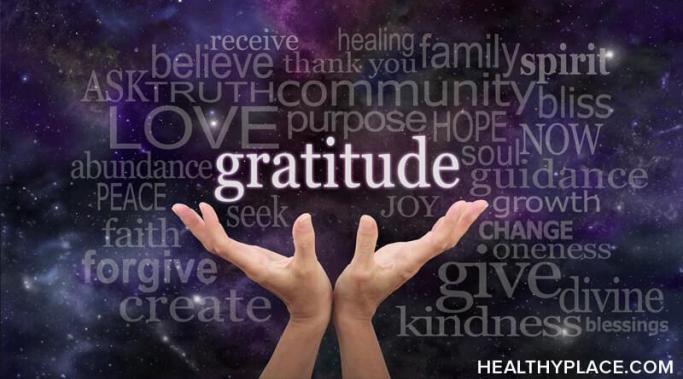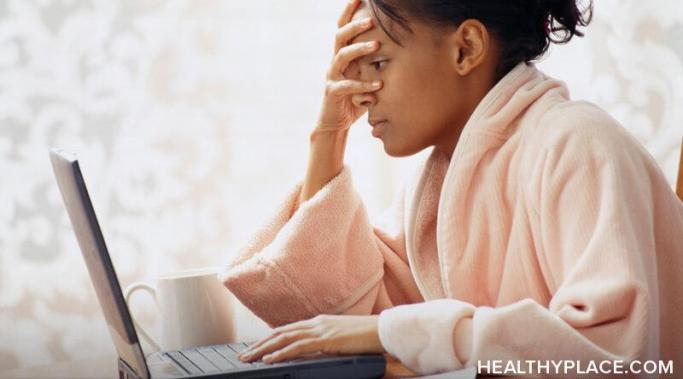There's so much expectation on everyone during the holidays; to spend money, eat food, make food, drink, be festive, be jolly, be happy, want to be happy, and so on. Being such a chaotic time of year, it's no surprise that people get anxious before, during, and after the holidays. Keeping a gratitude journal helps keep me grounded, especially during the holidays.
SAD
I sleep a lot. I always have. From a certain point of view, I'm lucky that I can sleep, but it's rarely enough. This was worse when I had young children to look after, plus a house, a spouse, and a full-time job that had me up nights resolving issues. Like so many working people worldwide, my remedy to combat sleepiness and fatigue was to guzzle coffee. But I'm retired now, a young retiree at 57. I had hoped to be full of energy without the burden of full-time work. I thought once I retired and got ample regulated sleep, that the feeling of sleepiness would go away. It hasn't.
We may be social creatures, but other people certainly can cause anxiety. Social anxiety is largely about being around (or even thinking about being around) others and a host of worries related to others' perceptions of us. Even if you don't experience social anxiety, other people can be difficult to deal with and cause worry, agitation, or general angst. Regardless of what type of frustration or anxiety some people might be causing in your life, you don't have to let them continue to negatively impact you. Here are three ways to deal with any type of anxiety about other people.
What do you think about accepting anxiety, that thing we hate? Acceptance is a powerful concept that can help us reduce anxiety. It isn't a modern trend, this latest craze in our attempt to manage stress, anxiety, depression, and everything else that challenges our mental health and wellbeing. It's actually an age-old practice with roots in Buddhism and other ancient traditions. It's a component of mindfulness, another concept with ancient heritage. In our modern era, acceptance is well-researched and part of legitimate therapeutic approaches like acceptance and commitment therapy. Yet, accepting anxiety is one of the most difficult concepts not just to understand but to put into practice.
Can you really reduce social anxiety with mindfulness meditation? Social anxiety can be life-limiting, its negative effects filling people with seemingly constant fear and dread. You can indeed reduce social anxiety with mindfulness; however, it's a persistent and gradual process of meeting the root of this type of anxiety and creating a sense of calm rather than agitation. Let's look at how this happens and gain a mindfulness meditation to help reduce social anxiety.
Social anxiety is very much like a germ. It strikes when it wants to, even after we've endured a social situation or event. As a germ, social anxiety can make us feel unwell. If you've experienced social anxiety, you might be accustomed to it striking as you anticipate an interaction and flaring during the situation. This is a typical pattern that social anxiety follows; however, it's not the only pattern. Sometimes, we don't become anxious until after the socializing is over. It's frustrating when you've successfully navigated an experience with other people and then bam! Social anxiety strikes after the fact. The germ has entered the body.
My life with social anxiety disorder (SAD) isn’t much of a life. When faced with strangers, my social phobia causes me to avoid physical proximity, eye contact, and small talk. Though normally well-spoken, the attention of others causes me to stumble over my words. Thoughts of job interviews or parties send me into a panic. I am often frightened when faced with a crowd. Daily life with SAD is unnerving and often unpleasant.
Social anxiety and performance anxiety both involve a great deal of fear, worry, and dread. When it comes to anxiety in general, that’s not unique. All types of anxiety disorders involve some type of fear, a whole lot of worry, and an overarching sense of dread. It’s the nature of the anxious thoughts and emotions that define a particular type of anxiety. With social anxiety disorder, the apprehensions largely involve fear of being judged or embarrassed in social situations. In this, social anxiety is a close cousin of another type of anxiety: performance anxiety. Understanding their relationship will help you reduce both social anxiety and performance anxiety.
When it comes to meeting new people, social anxiety instills in its sufferers a sense of dread. Having to meet new people can sound alarms and ignite warning fires in the minds and bodies of those living with social anxiety (Extroverts Can Experience Social Anxiety, Too). In response to the fires, fire walls within the brain pop up, sealing off areas like rational thought and peaceful feelings so that all attention is funneled to the fire. The fire is a signal of danger—of stranger danger—and it makes us dread meeting new people. What we often don’t realize is that we are in charge of the alarm, the fire, even social anxiety itself. You don’t have to forever dread meeting new people.
Undoubtedly, social anxiety interferes with life and can ruin your fun (Social Anxiety: A Spectrum from Shy to Avoidant). Living with social anxiety means being on edge, unable to relax or let our guard down. Experiencing social anxiety means living in fear of doing something embarrassing or being judged as incompetent, inadequate, "less than." Social anxiety creates racing thoughts that are relentlessly self-critical. The anxiety, fear, and sheer exhaustion of all of this can make us shy away from people and social situations. In doing so, is social anxiety ruining your fun?









